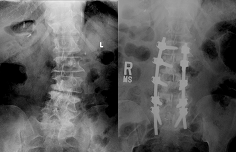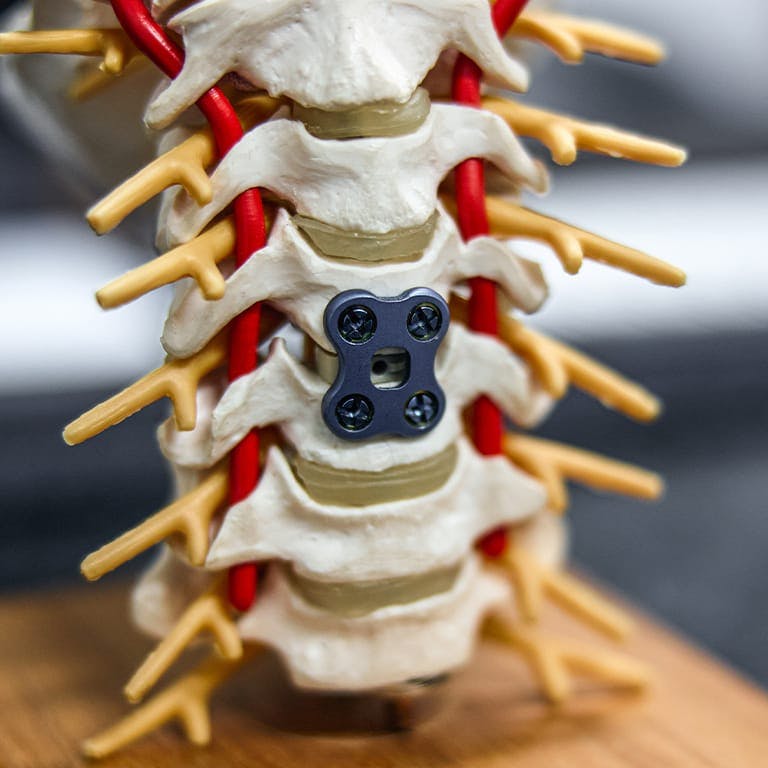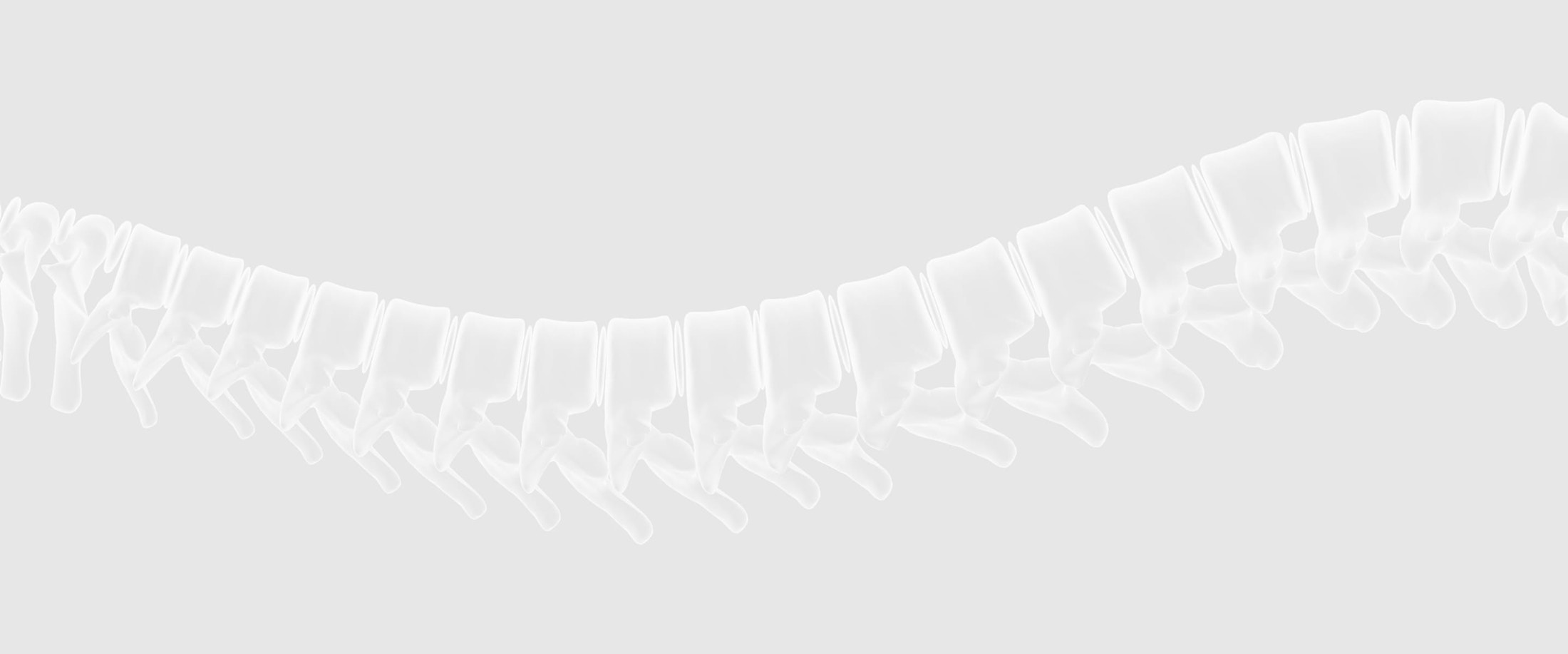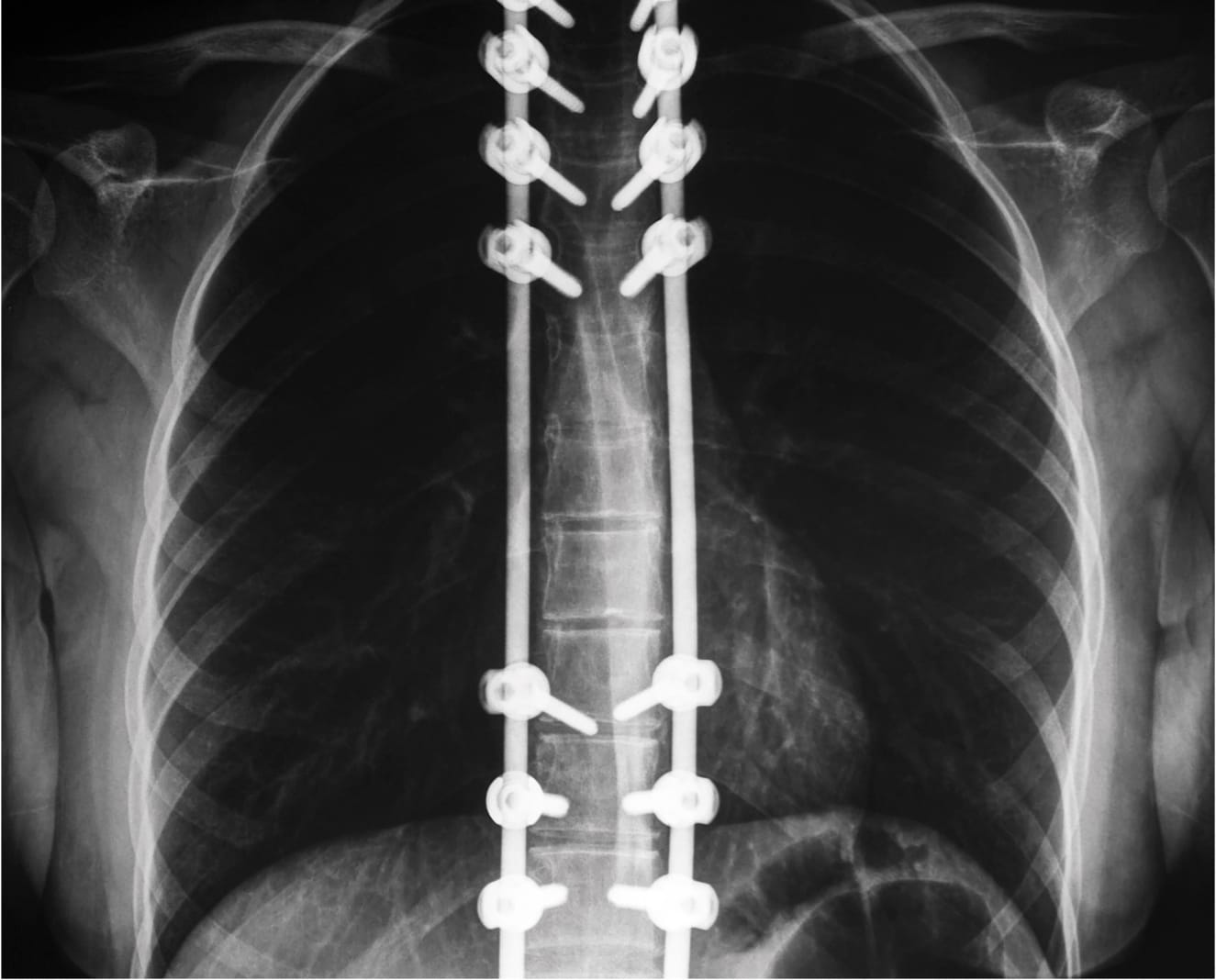Experience attentive, personalized scoliosis care in Englewood, NJ.
Symptoms
Ongoing lower back pain and postural shifts often serve as early indicators of adult degenerative scoliosis. While the root cause of discomfort often lies in the underlying spinal degeneration, the uneven spinal curve can worsen the issue. Individuals may notice:
- A tilted posture, making them appear off-balance
- One side of the rib cage being more prominent
- Apparent leg-length differences
- Difficulties sitting or standing for extended periods
- Changes in walking gait or overall balance
- Potential cardiovascular or respiratory concerns in advanced cases







